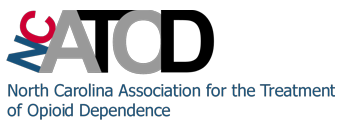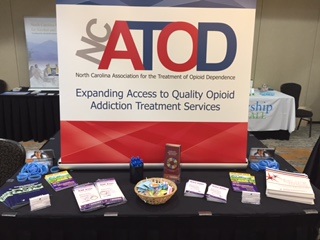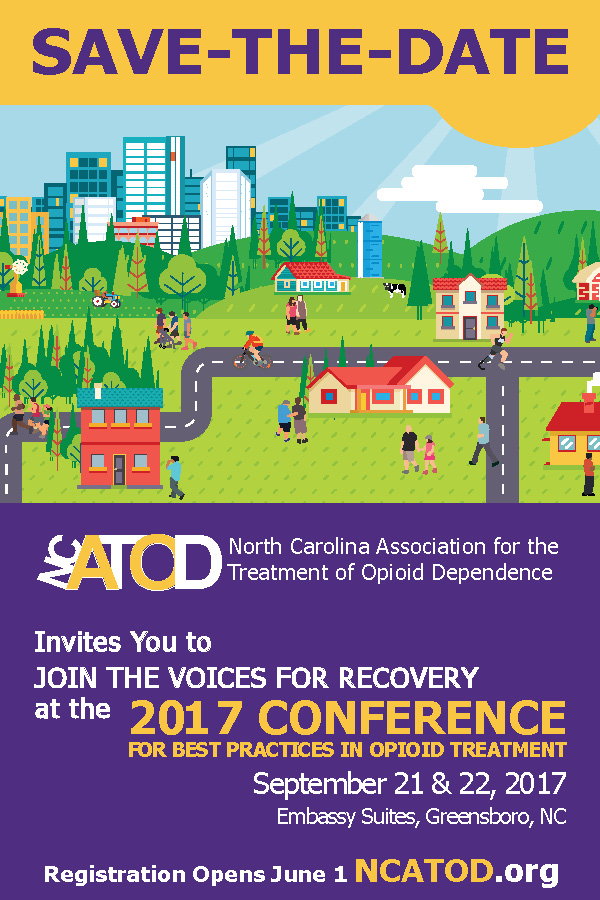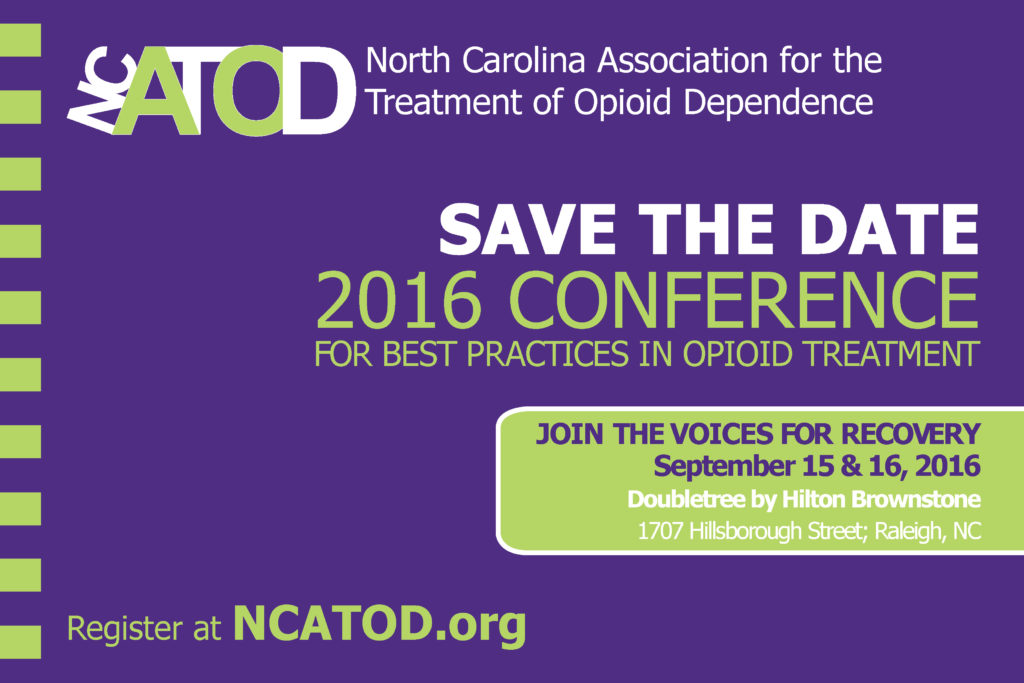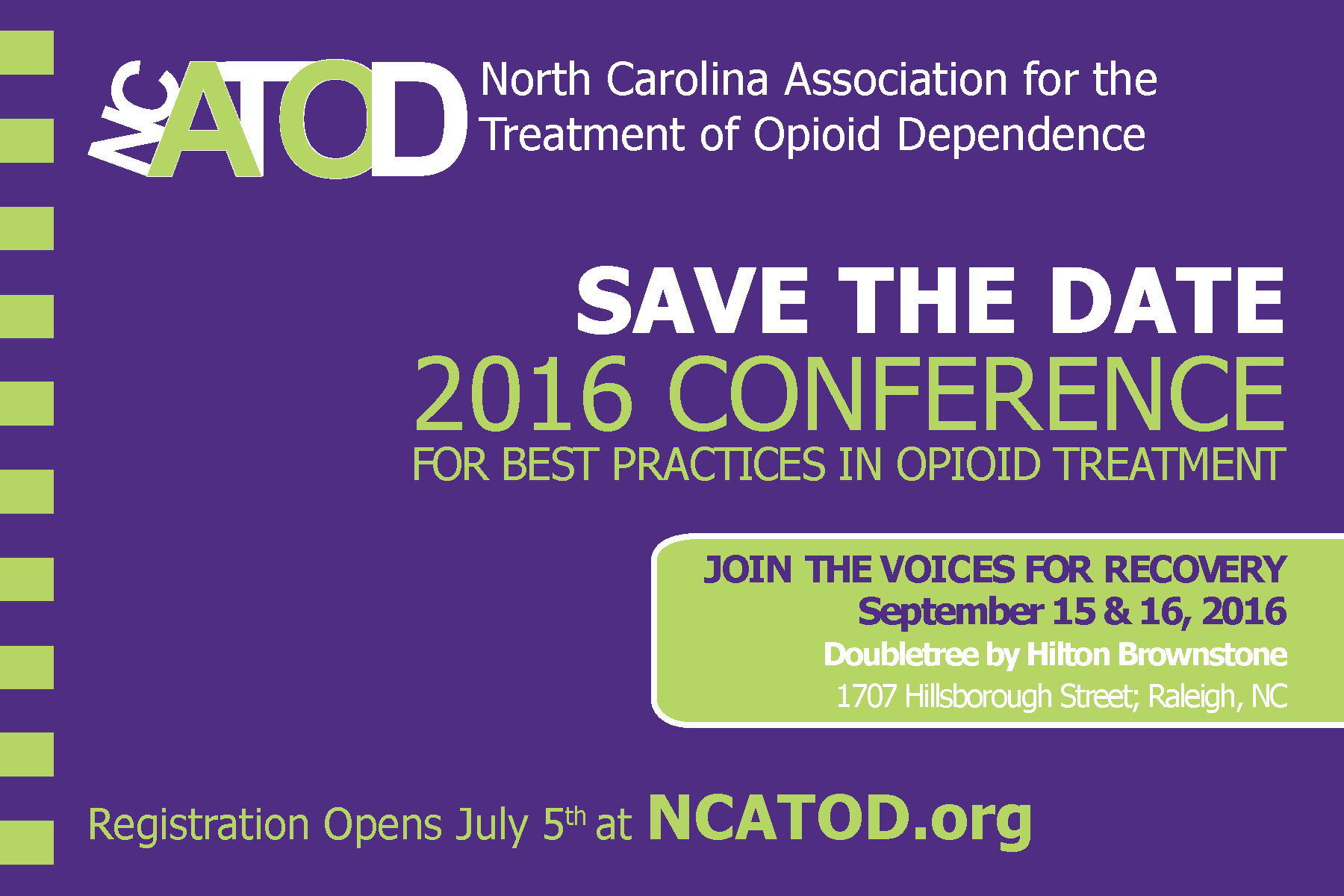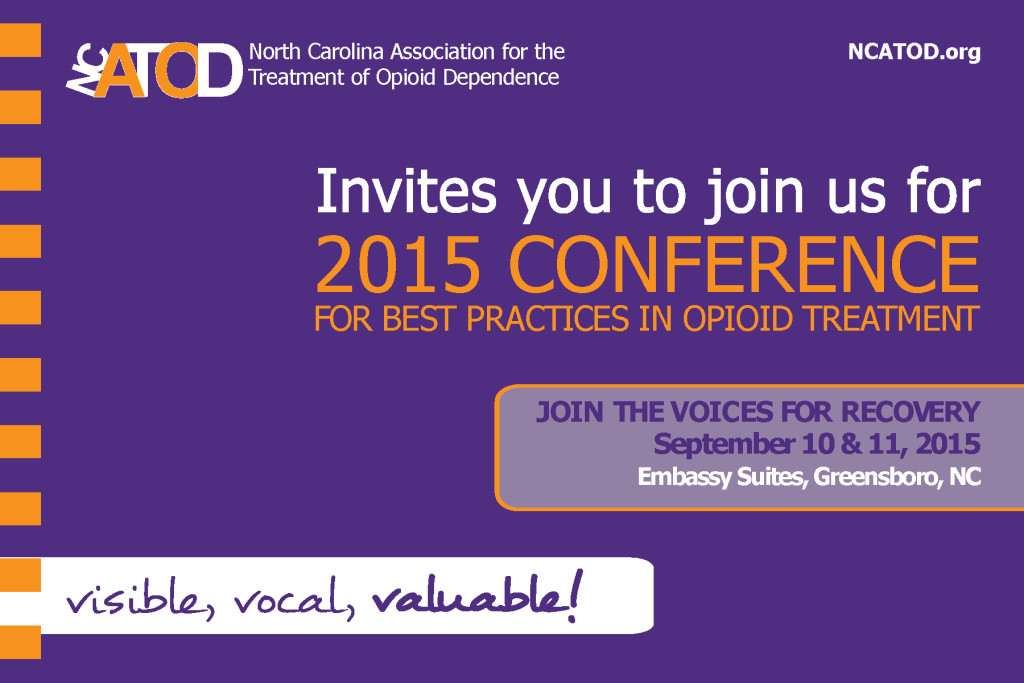Posted by NCATOD on July 20, 2015
In less than a week’s time, at least nine people in North Carolina have become very ill due to what is believed to be adulterated heroin. Because illegal drugs can be cut or diluted with
other substances, they can cause unwanted effects.
To date, reported cases are from individuals in Durham, Orange, and Lee counties. “The symptoms suggest that there’s something other than heroin in these batches,” said Anna
Dulaney, Clinical Toxicologist at the Carolinas Poison Center.
While adulteration of the drug can’t yet be confirmed, cases are similar to a mini-epidemic of clenbuterol-containing heroin which struck North Carolina in 2005. Contamination or
adulteration is suspected when drug users experience symptoms that are not typical for the drug. In the current outbreak, heroin users experiencing atypical symptoms have reported a rapid
onset of heart palpitations comparing it to the feeling of a heart “beating out of its chest,” dizziness, and anxiety. Other symptoms pointing to contaminated or adulterated heroin include
fainting, hypotension, shock, or severe muscle cramping.
Heroin users who experience any of these symptoms should go to their closest hospital emergency department. Heath care providers working in emergency departments and urgent care settings
are encouraged to call the Carolinas Poison Center at 1-800-222-1222 to report cases or seek assistance with patient management.
Carolinas Poison Center is working with the North Carolina Division of Public Health to identify the substance in these cases to prevent further harm.
Carolinas Poison Center offers North Carolina residents 24/7 free and confidential phone assistance with poisoning emergencies and questions about poisons. Nurses, pharmacists, and
doctors, who are experts in poisonings, handle the calls. The poison center received nearly 85,000 calls in 2014. It is the state’s designated poison center and is certified by the American
Association of Poison Control Centers (AAPCC). Call Carolinas Poison Center at 1-800-222-1222 for a poison exposure or to request information about poisons.
Carolinas Poison Center
Contact: Alexa Steverson
Information & Education Coordinator
alexa.steverson@carolinashealthcare.org
704-512-3749
Additional Resources:

